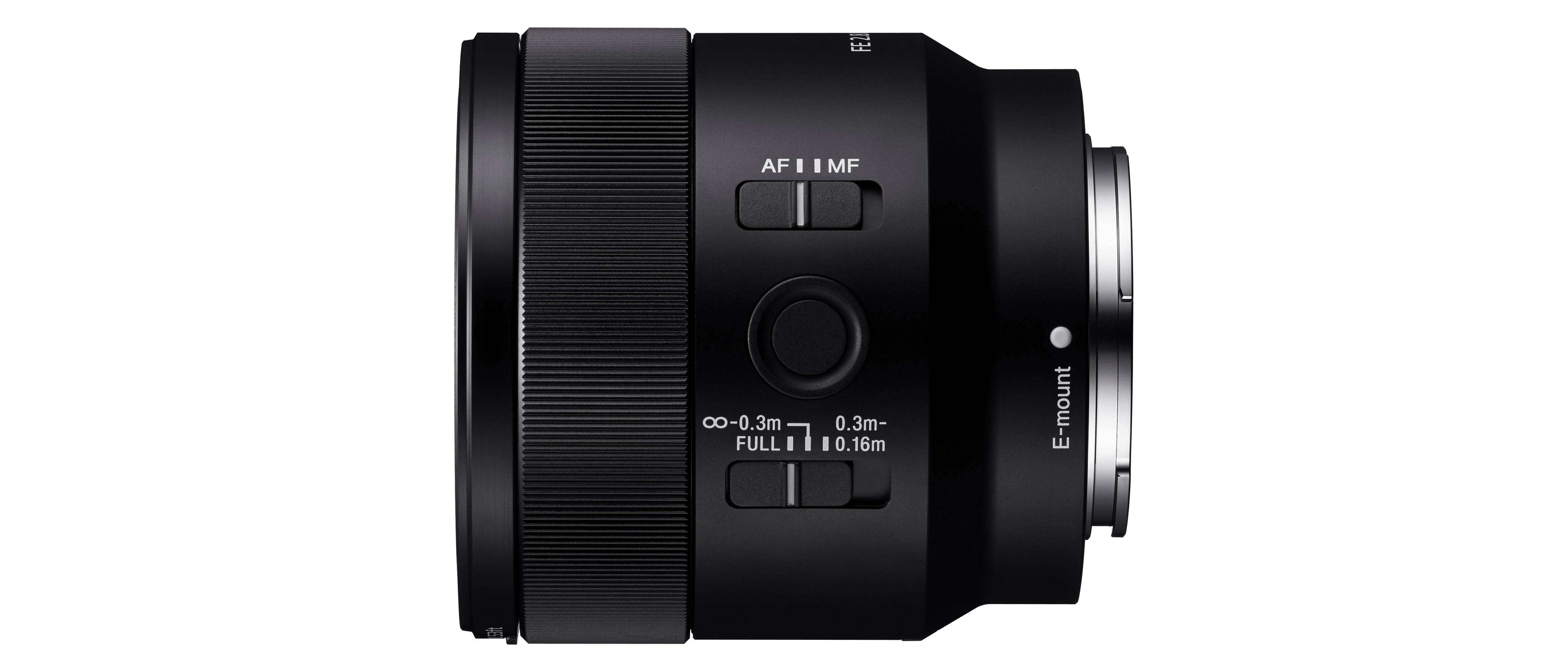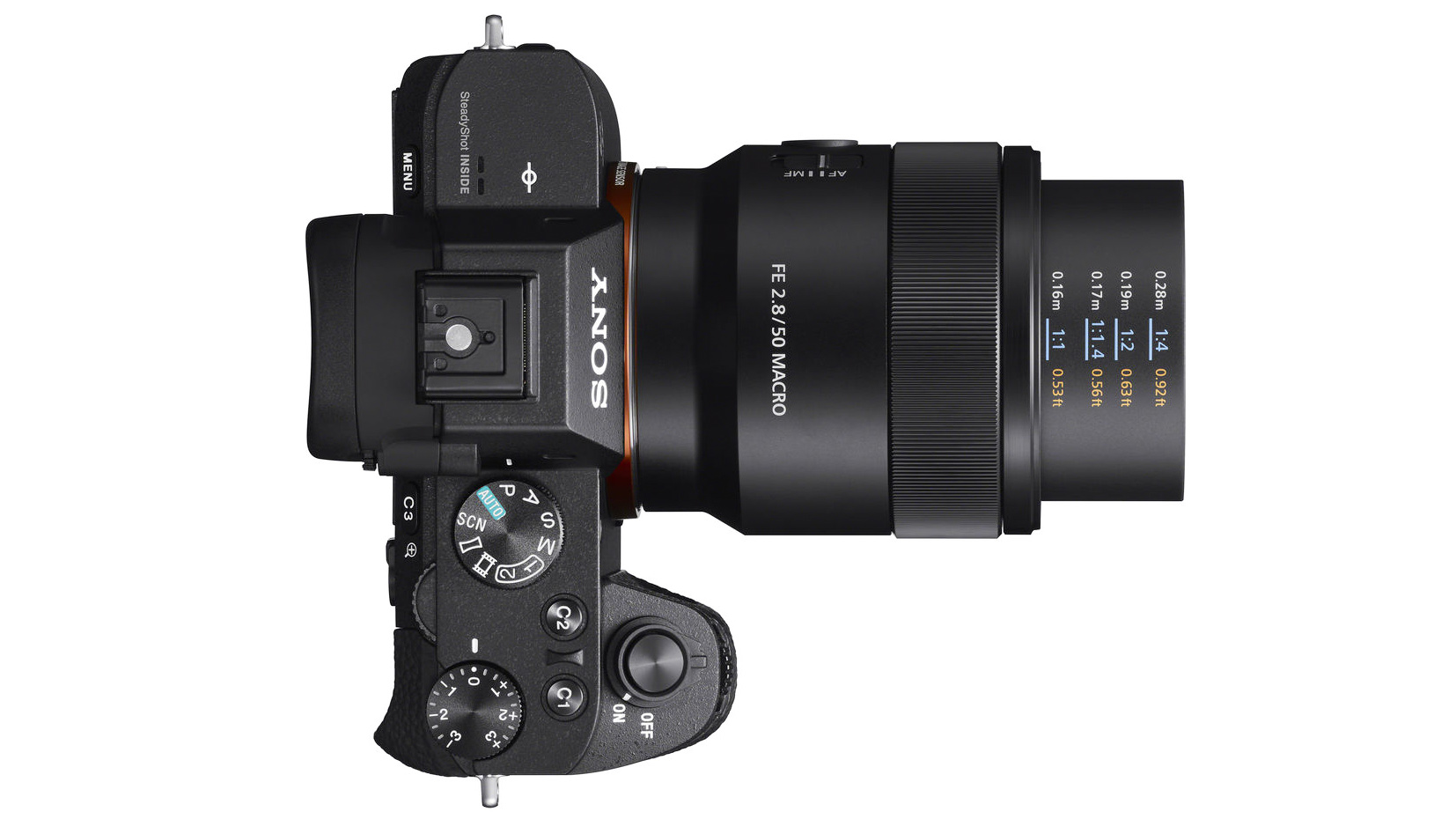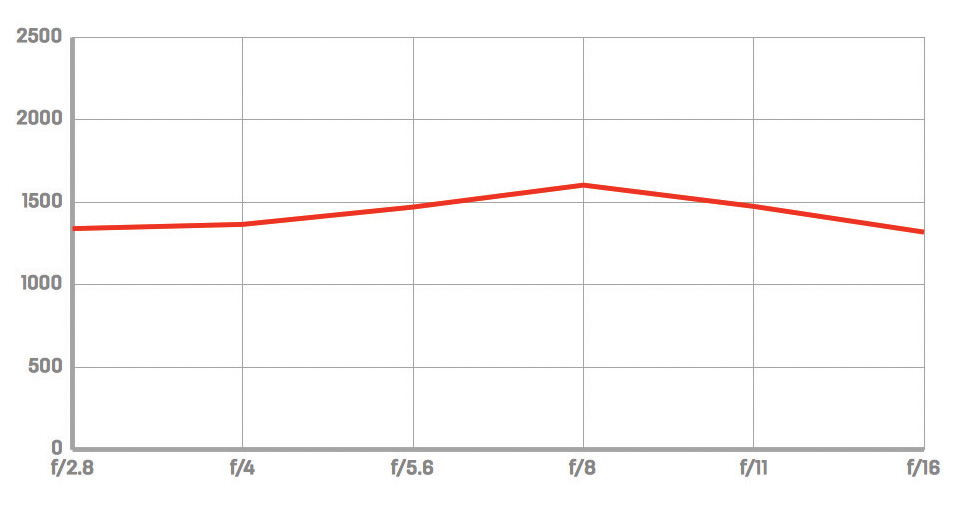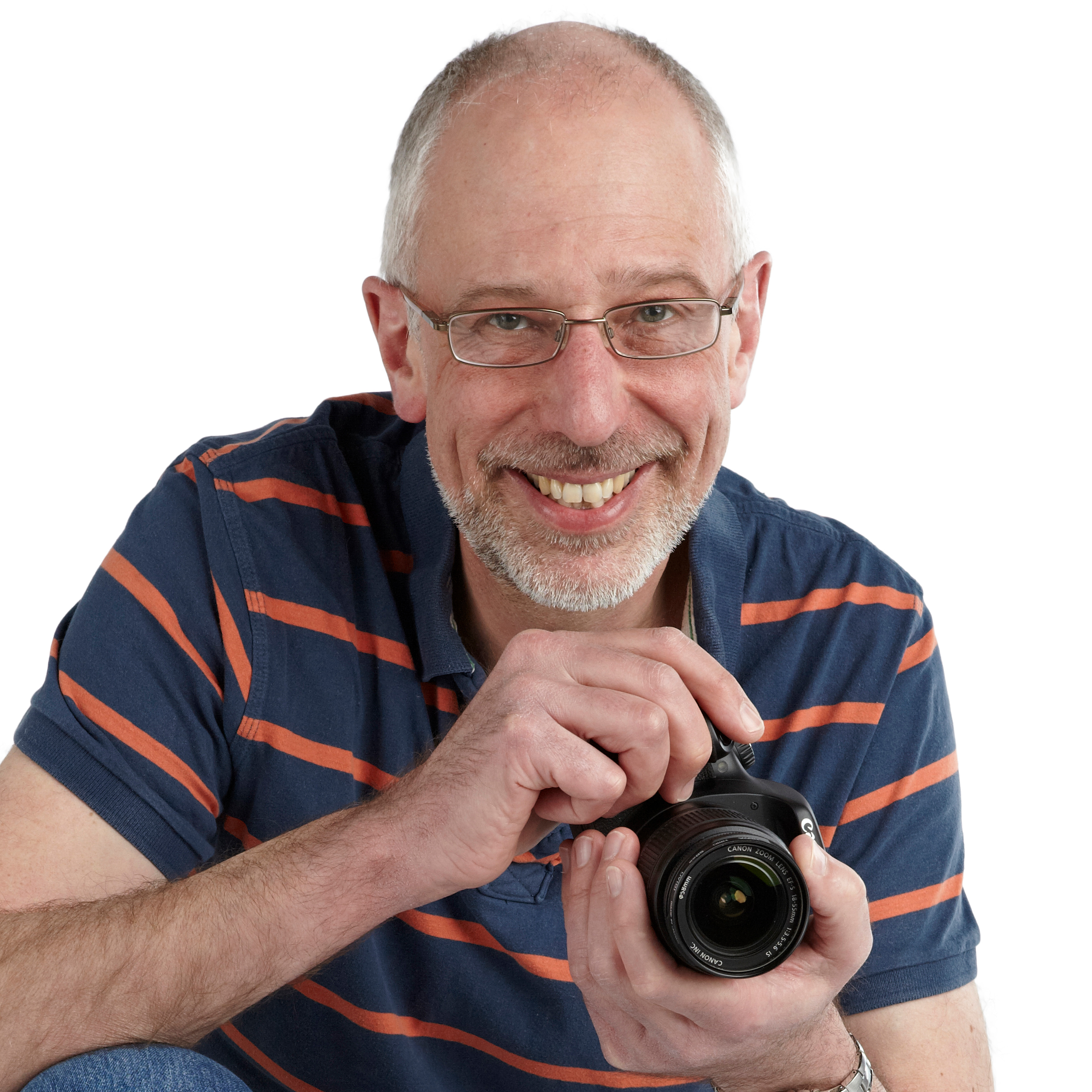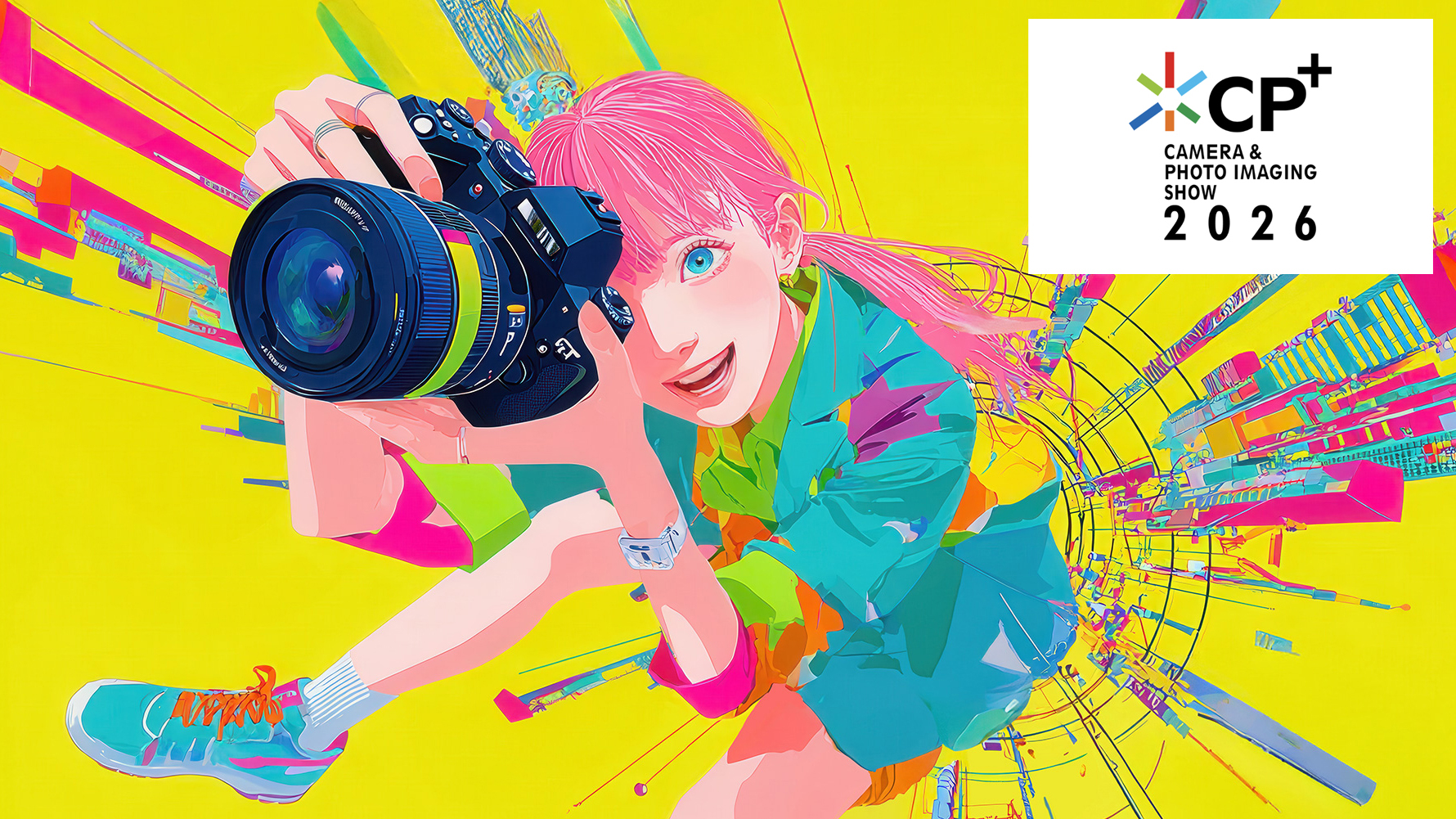Digital Camera World Verdict
The Sony FE 50mm f/2.8 Macro works very well as both a ‘standard’ and a macro prime lens, with excellent handling and very good overall image quality.
Pros
- +
Macro lens with upto lifesize magnification
- +
Doubles as a fast standard lens on a full-frame camera, or a portrait lens with an APS-C sensor
Cons
- -
Autofocus is sluggish (but accurate)
- -
No lens hood supplied
Why you can trust Digital Camera World
There have been 50mm ‘macro’ lenses from the likes of Canon and Zeiss that, while giving a natural perspective with a full-frame camera, don’t deliver the full macro benefit. Instead they only offer a maximum magnification ratio of 0.5x at their closest focus distances. Like Sony’s old A-mount 50mm macro, this E-mount optic boasts 1.0x magnification, reproducing small objects at full life-size on the image sensor.
Build and handling
Although the lens is compact and light, it feels well-built and fairly robust. It lacks a weather-sealed mount but is dust- and moisture-resistant. The inner barrel doesn’t rotate during focusing but does extend at shorter focusing distances, revealing calibrated markings for focus distance and magnification. No lens hood is supplied, but the front element is deeply recessed within the inner barrel, helping to guard against ghosting and flare.
Unusually for a relatively short-focal-length macro lens, there’s a focus limiter switch that can lock out the short or long ends of autofocus travel. There’s also a handy focus-hold button.
Manual focusing is often preferable in macro photography, so the smooth-action, fly-by-wire manual focusing system is a bonus. It offers excellent precision with the availability of fine adjustments, aided by the magnified focusing view available in Sony compact system cameras.
Specifications
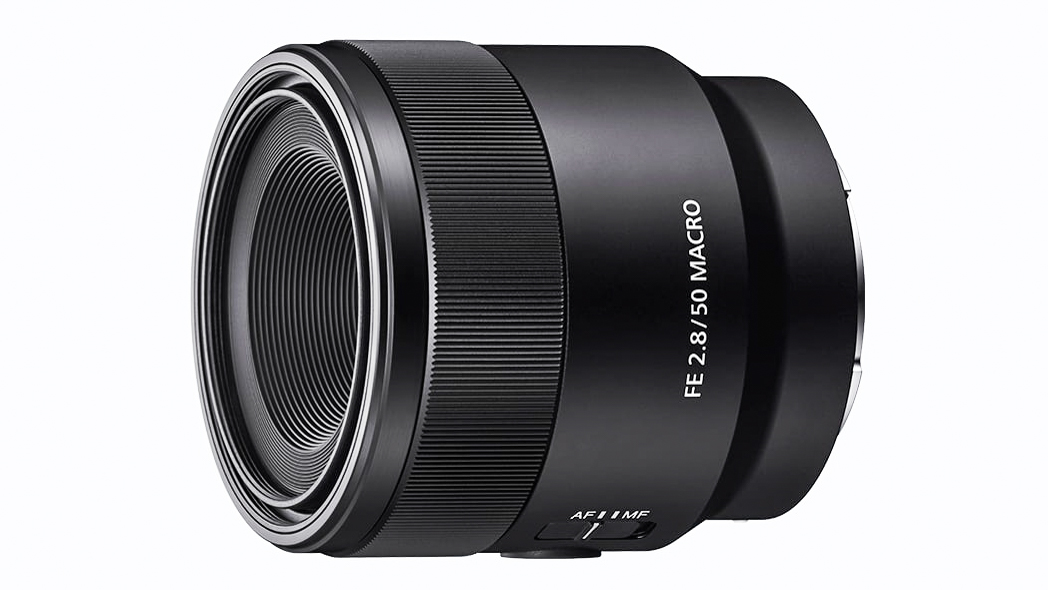
Full-frame compatible: Yes
Effective focal length: 50mm (75mm APS-C)
Image stabilizer: No
Minimum focus distance: 0.16m
Max magnification factor:1.0x
Manual focus override: Yes
Focus limit switch: Yes
Internal focus: No
Filter size: 55mm
Iris blades: 7
Weather seals: Partial
Dimensions (dia x length) : 71 x 71mm
Weight: 236g
Performance
The autofocus system is highly accurate but rather slow. For close-up shots, AF speed can be further hampered by hunting, so the limiter switch earns its keep. Wide-open at f/2.8, there’s a little vignetting and a slight drop in sharpness, but the quality of bokeh is pleasing.
Sharpness is excellent from f/4 to f/11, but macro photographers might be disappointed that it drops off at f/16 – and that f/16 is the narrowest available aperture.
The best camera deals, reviews, product advice, and unmissable photography news, direct to your inbox!
Lab results
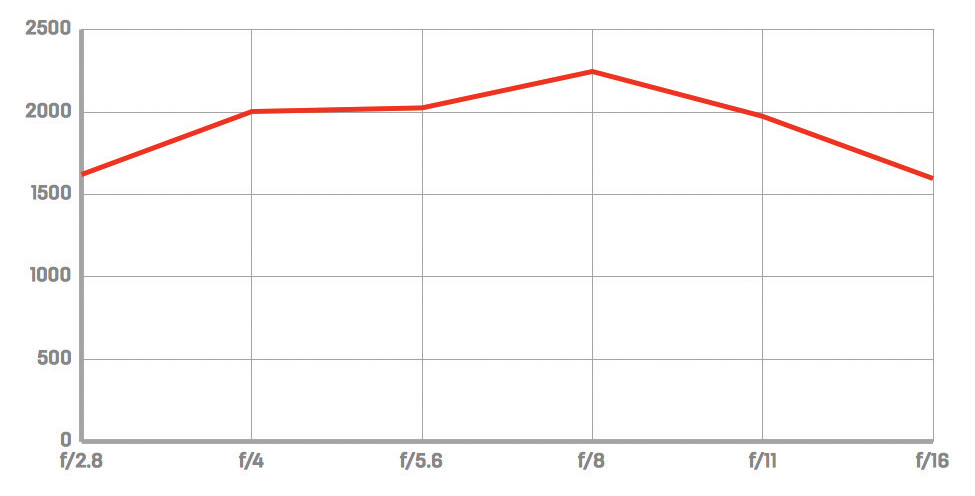
Sharpness
Between the two extremes of the aperture range, these graphs show that the lens captures excellent levels of fine detail, with the sharpest results being recorded at f/8

Fringing
(scores nearer to zero are better)
f/2.8 0.36
f/5.6 0.52
f/16 0.75
Color fringing is negligible: it’s practically imperceptible across the entire image frame.

Distortion
(scores nearer to zero are better)
There’s the very slightest hint of barrel distortion, but it’s pretty much unnoticeable
Verdict
The full-frame Sony FE 50mm f/2.8 Macro works very well as both a ‘standard’ and a macro prime lens, with excellent handling and very good overall image quality. With its small size, it is equally suited to use with an APS-C sensor mirrorless camera - making it a more sensible choice than the larger, longer Sony FE 90mm f/2.8 Macro G OSS. Used with a Sony A6000 series camera or the more recent ZV-E1 and ZV-E10, with the crop factor taken into account, it offers an effective focal length of 75mm, which is a useful angle of view for portraiture.
Read more:
Matthew Richards is a photographer and journalist who has spent years using and reviewing all manner of photo gear. He is Digital Camera World's principal lens reviewer – and has tested more primes and zooms than most people have had hot dinners!
His expertise with equipment doesn’t end there, though. He is also an encyclopedia when it comes to all manner of cameras, camera holsters and bags, flashguns, tripods and heads, printers, papers and inks, and just about anything imaging-related.
In an earlier life he was a broadcast engineer at the BBC, as well as a former editor of PC Guide.
